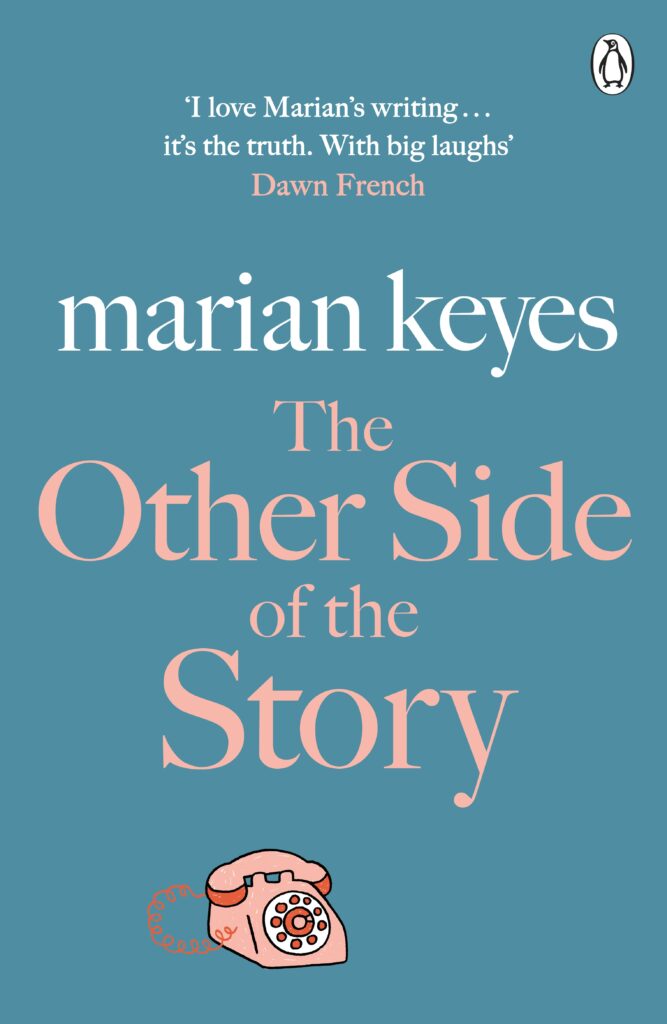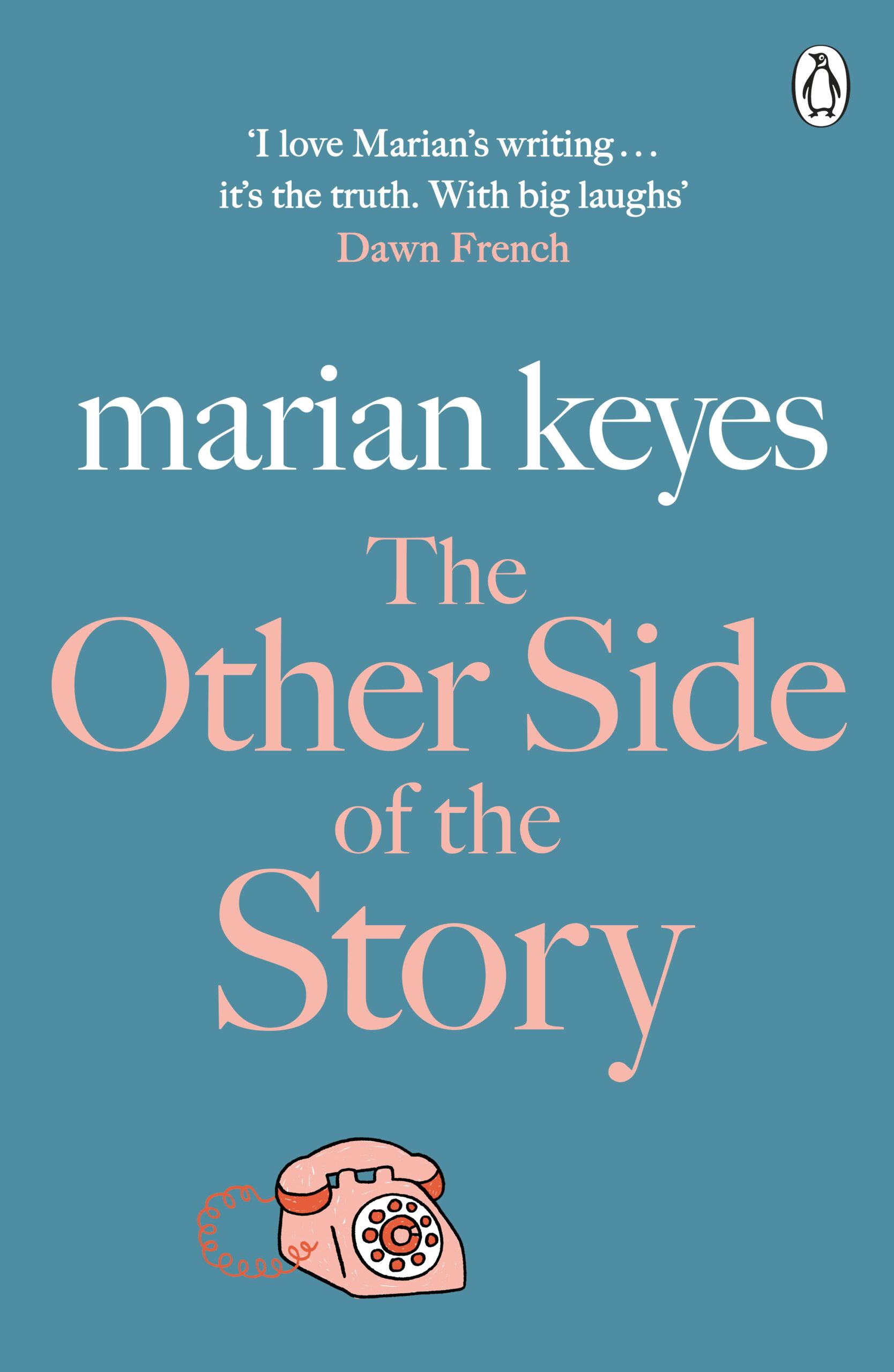The Other Side of the Story
The agent
Jojo, a high-flying literary agent on the up, has just made a very bad career move: she’s jumped into bed with her married boss, Mark …
The bestseller
Jojo’s sweet-natured client Lily’s first novel is a roaring success. She and lover Anton celebrate by spending the advance for her second book. Then she gets writer’s block…
The unknown
Gemma used to be Lily’s best friend – until Lily ‘stole’ Anton. Now she’s writing her own story – painfully and hilariously – when supershark Jojo stumbles across it …
Three girls hoping and sometimes needing to make it big in the publishing world. But did anybody ever tell them that there’s always another side to every story?

